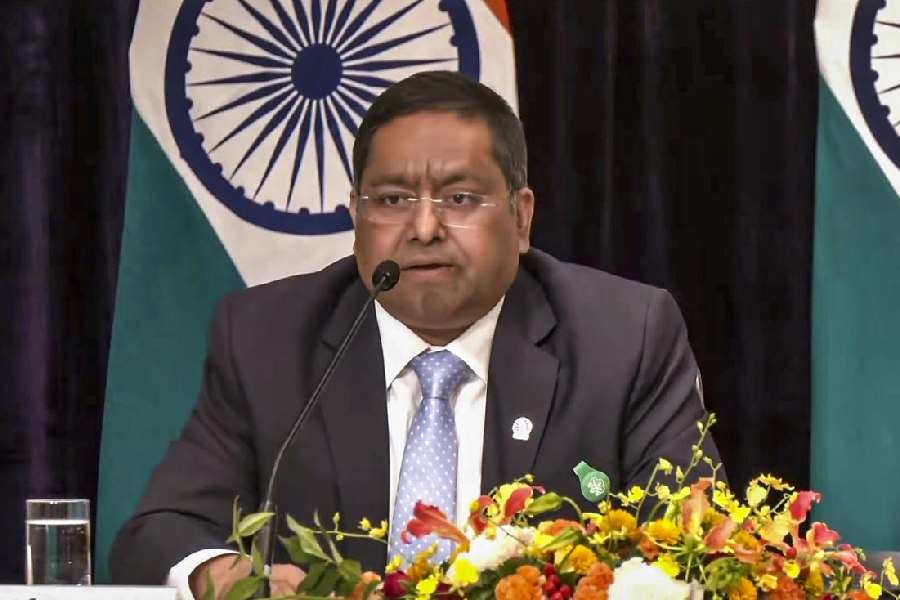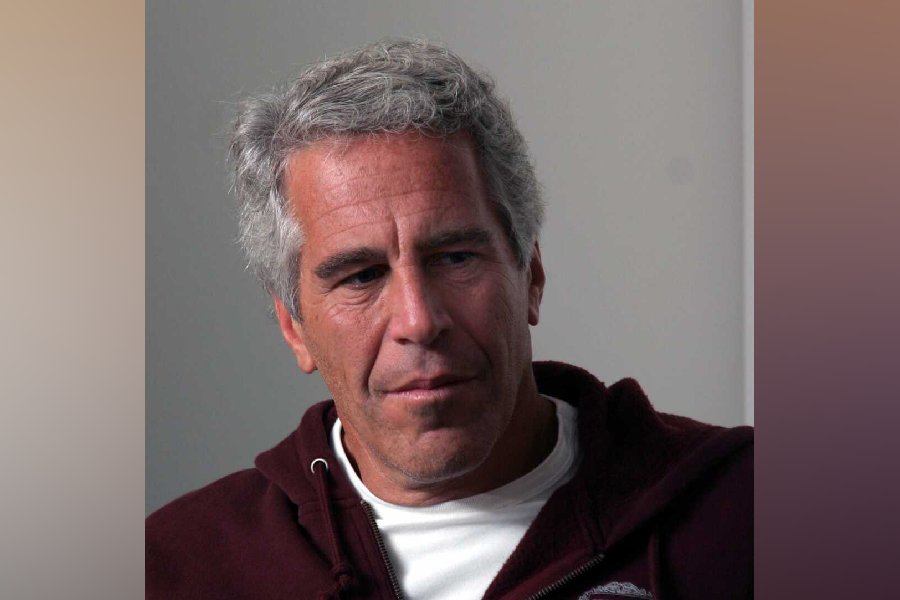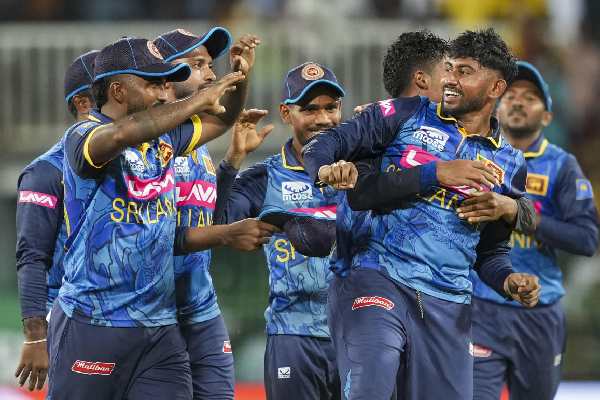Privacy has more than one aspect. Circulating sexually explicit images of women when a relationship has soured, or of acts of sexual violence against them, on the internet — specifically on social media — destroys privacy. More, the images endure in online memory. It is then not enough to penalize the person who has uploaded the images; the subject must be recompensed too. The Orissa High Court recently underlined the need to enforce ‘the right to be forgotten’ as part of the fundamental right to life and liberty. It is a corollary to the right to privacy that the Supreme Court had established as a fundamental right deriving from the right to life in 2017. In the General Data Protection Regulation of Europe, the right to be forgotten is allied to the right to erasure. Data must be erased as soon as the need for their processing has ended or when the subject has withdrawn consent from their publication and there is no legal need for processing. A society in which exploitation and blackmailing of women and violence against them are part of daily practice, online routes of shaming, harassment and revenge can shatter privacy, dignity and even the expected course of life. In the West, the right to be forgotten emerged from the need of each person not to be stigmatized as a result of an action in the past. Not a criminal act, of course. Besides, documenting and uploading acts of rape can be devastating for the survivor. India is a country where shame can kill.
While the need for the right to be forgotten is undeniable, its use has to be carefully worked out. It is a weapon against revenge porn and upholds the subject’s right over private data. But it must also be seen — and measured — in each individual application against the right to freedom of expression and the possibilities of undesirable censorship. Abused, as many laws often are, it could be used to distort narratives by erasing necessary facts. The internet and social media have changed the contours of the world in which Constitutional rights and legal codes were formulated. So it would not be enough to extend the principles and create new rights and laws; the methods and spheres of application must be considered too.










